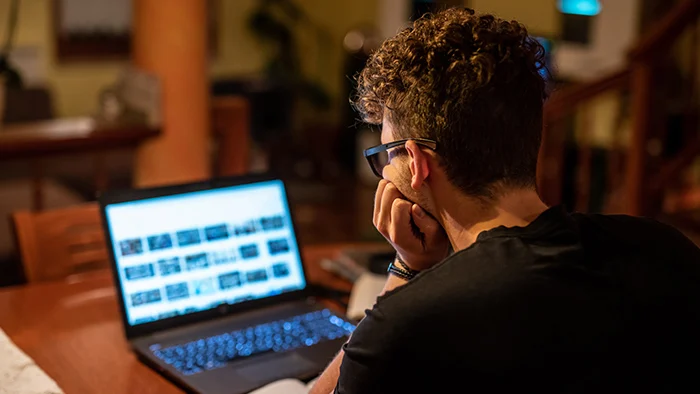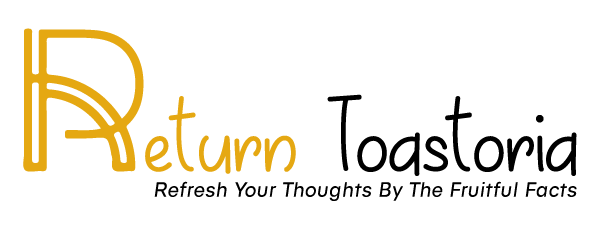The Dark Web, often associated with illicit activities and nefarious dealings, paradoxically serves as a crucial sanctuary for vulnerable communities seeking refuge and protection online. Unlike the surface web, which is easily accessible and indexed by search engines, the Dark Web operates through encrypted networks and specialized browsers, such as Tor, which anonymize users and their activities. This veil of secrecy can be a double-edged sword, but for marginalized groups, it provides a crucial layer of security and confidentiality that is often absent from more mainstream platforms. For individuals living under oppressive regimes or in hostile environments, the Dark Web offers a rare opportunity to communicate freely without fear of government surveillance or retaliation. Whistleblowers, activists, and journalists can exchange information and coordinate efforts to expose corruption or human rights abuses without risking their safety.

This clandestine communication channel becomes even more vital when traditional platforms are monitored or censored, making the Dark Web an indispensable tool for those who might otherwise be silenced. Additionally, the uncensored hidden wiki Dark Web provides a haven for communities that are often targets of discrimination or violence, including LGBTQ+ individuals, survivors of abuse, and people with unconventional beliefs. These groups can find supportive networks, resources, and forums where they can connect with others who share their experiences and challenges. For example, LGBTQ+ individuals in countries where their orientation is criminalized or heavily stigmatized can access communities and support systems that help them navigate their realities and offer them a sense of belonging and validation. Furthermore, the anonymity afforded by the Dark Web helps protect these communities from potential harm.
For instance, individuals seeking medical advice for conditions that are stigmatized or taboo in their societies can consult experts and obtain information without exposing their identities. Similarly, survivors of domestic violence or sexual assault can seek help and resources without the risk of their abusers discovering their actions. While the Dark Web’s reputation is often tarnished by its association with illegal activities, it is crucial to acknowledge its role in providing a protective layer for those who might otherwise be at risk. By facilitating secure communication and offering a refuge for marginalized groups, the Dark Web becomes a paradoxical ally in the fight for safety and justice. However, it is important to approach this aspect of the Dark Web with caution and awareness, as its very nature makes it susceptible to exploitation. The challenge lies in balancing the need for security and anonymity with the imperative to safeguard against its misuse.
